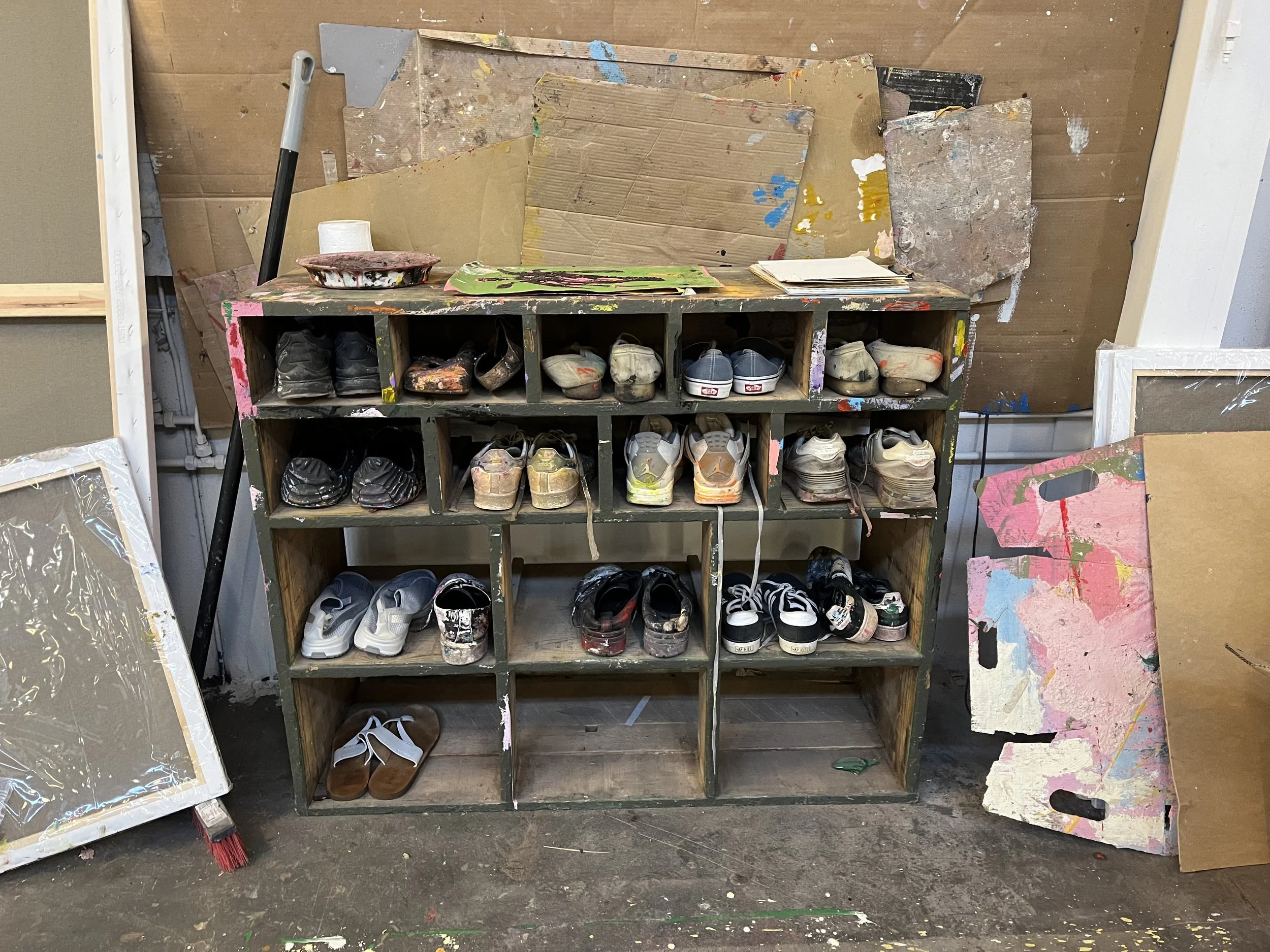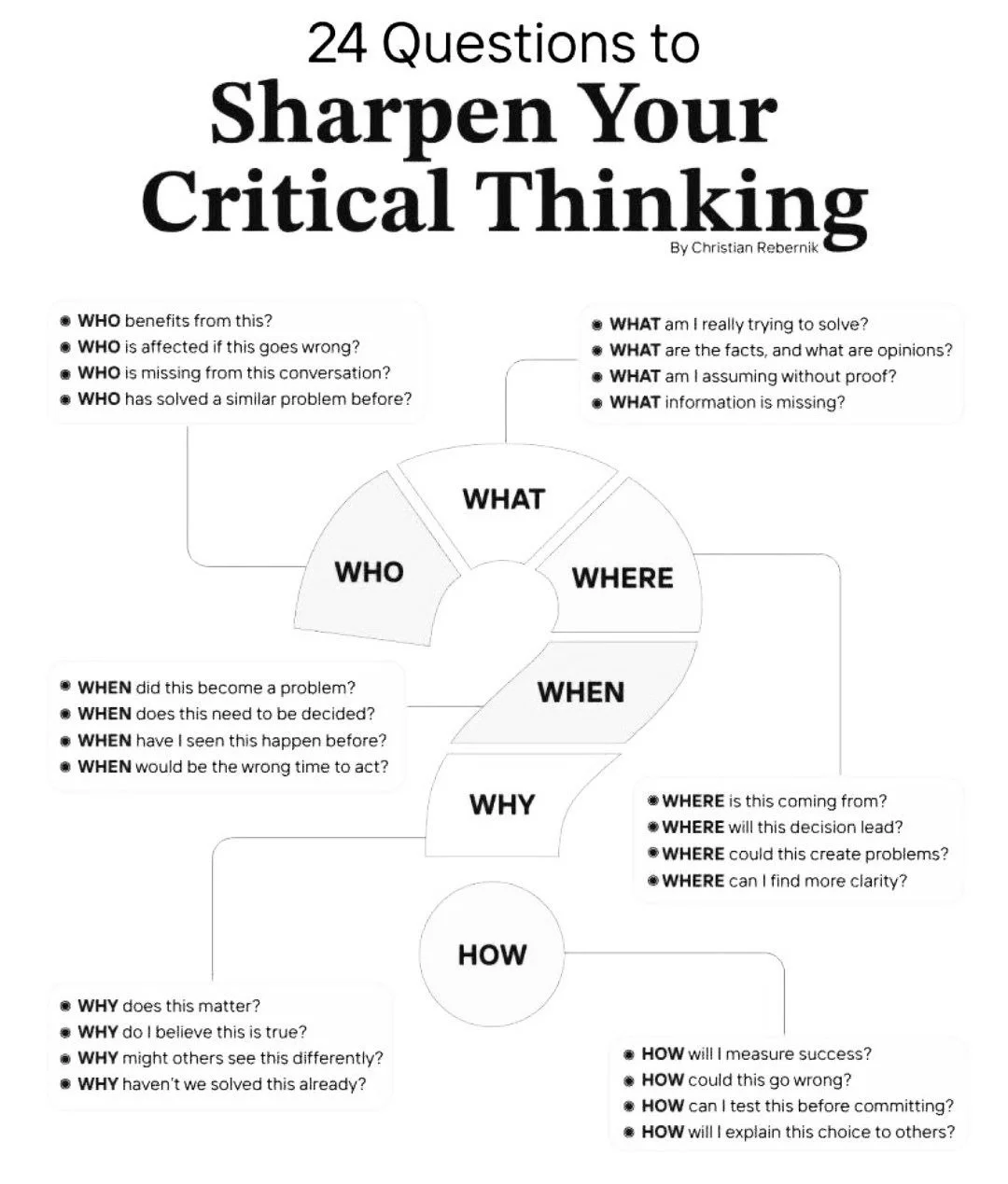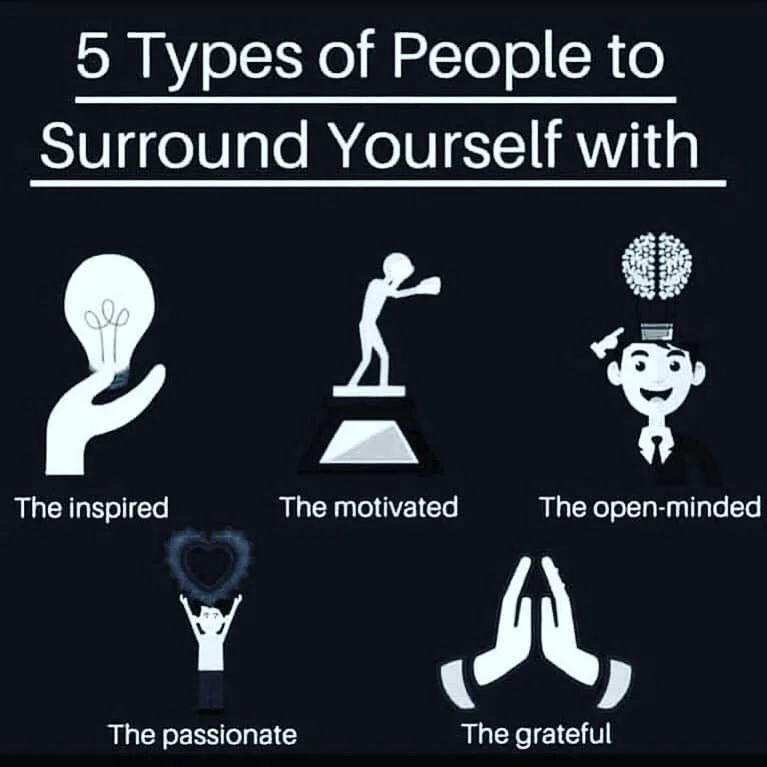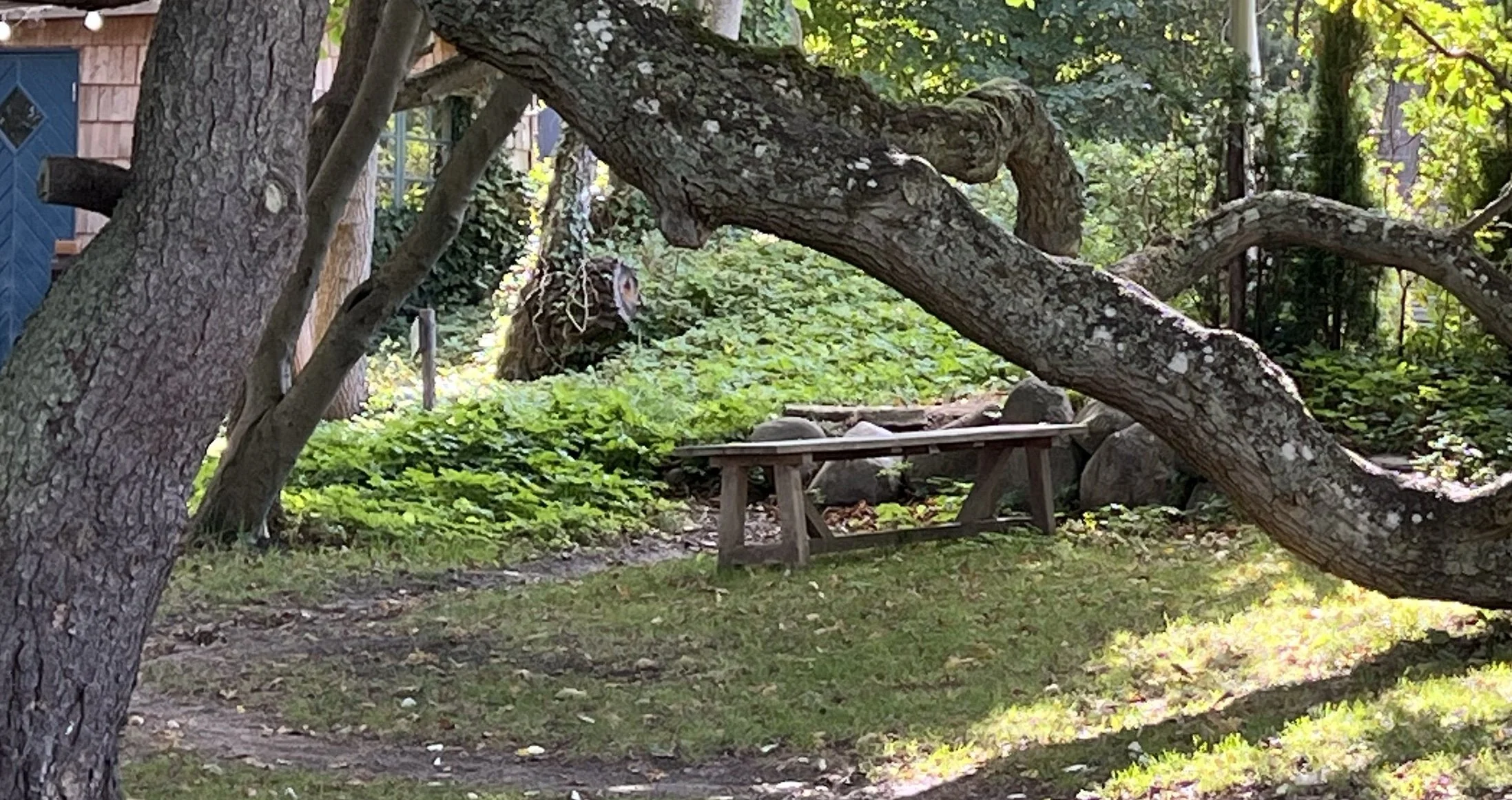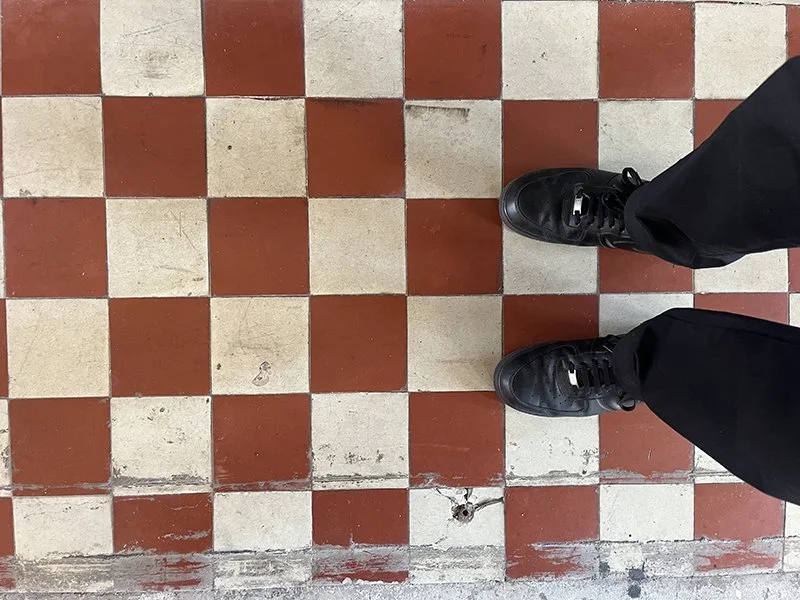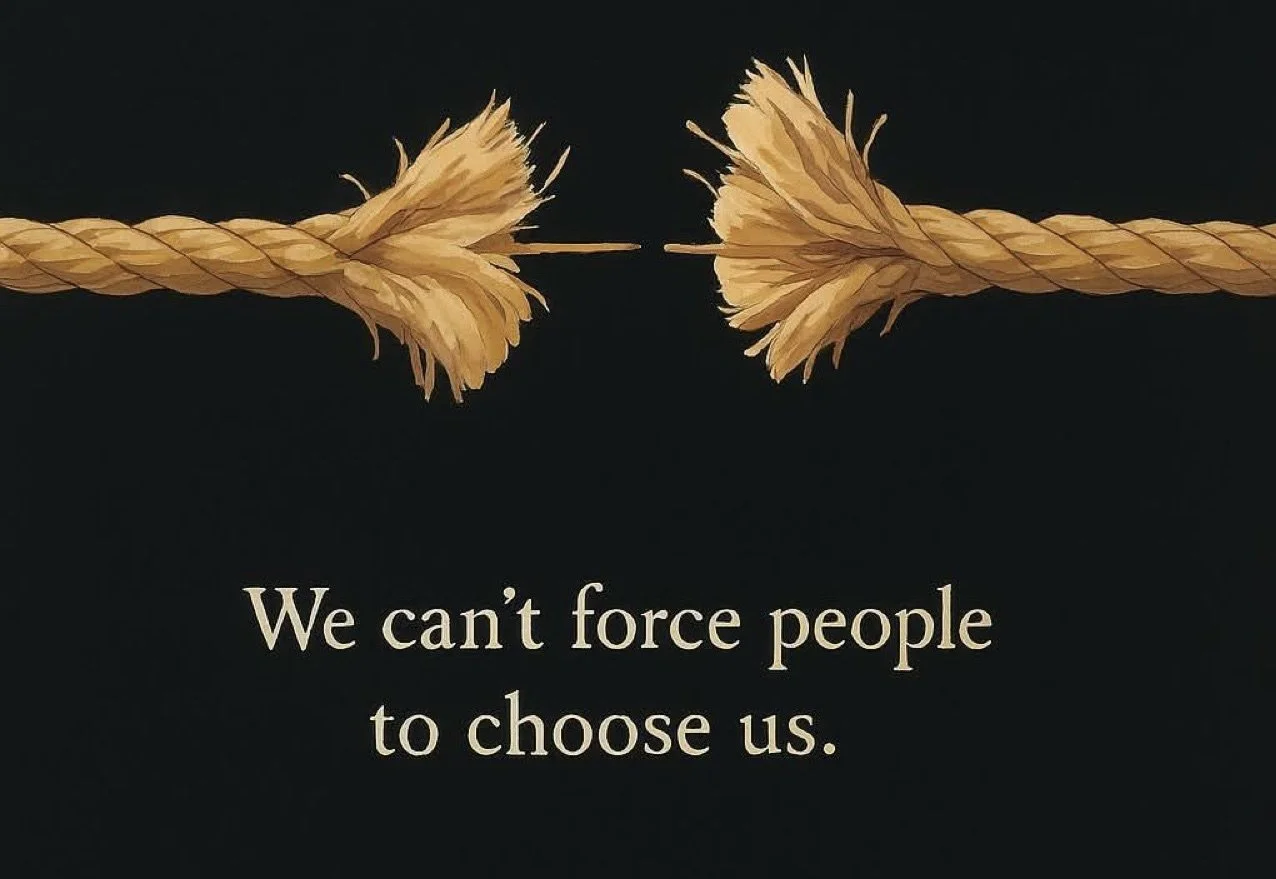I could live in any time, in any country, or on any planet and still be fine, because the inner reality creates the outer form. When your inner world aligns with your thoughts, beliefs, and self-concept, you stop reacting to life and start shaping it. The universe does not care what year you are in, what country you live in, or what chaos surrounds you, because you are the constant, and your energy is the constant. The universe bears no ill to me, and I bear no ill to it. That is inner peace and alignment. When you stop resisting and start receiving, energy responds accordingly. If your reality feels out of sync, the work is not outward but inward, recalibrating there is how you take your power back.
A deeper dive into self
Sometimes the questions are more important than the answers as they keep curiosity alive. It is difficult to know what you want when you have never had the space to understand who you are. Many people grow up in environments where self-discovery is limited. Others spend years in survival mode, moving through life without the time or safety to ask themselves deeper questions.
A simple place to begin is to take five minutes each day to reflect and ask yourself: What did I enjoy about today? What felt good? Why did it matter to me? Name the experience, explore it, and go into detail. Small daily reflections like this begin to form the building blocks of self-awareness. I think with time, those blocks become the foundation for clarity, confidence, and intentional action.
Step into your power
Are you afraid of making a mistake?
The status quo often sounds like: “This is the way we’ve always done it, so we have to keep doing it this way.” At its core, this is really about the fear of failure, the fear of having to admit that something didn’t work. Many of us carry a quiet voice that whispers, “You’re a fraud,” but shame is the real creativity killer. When shame and resistance join forces, progress stalls. The key isn’t to fight them, it’s to acknowledge them and use them as your compass. I think when resistance shows up, I know I’m on the right path as that tension tells me I’m about to grow. So, instead of running from it, I lean in because that’s where the magic happens.
Critical thinking questions
Autumn holiday 2025
Grounded presence
My calm energy speaks before I do. I don’t need to prove my worth, chase attention, or be unsettled by rejection. For me, it’s about showing up consistently, even when it isn’t exciting. It’s about thinking long-term and refusing to be shaken by every passing storm. That’s why I choose peace over drama and distance myself from people trapped in cycles of chaos or addiction.
Life learnings
I have learned to pause before reacting.
I have learned to choose patience over anger.
I have learned to control my tongue, not by dominating the conversation or trying to prove that I am right, but by truly listening.
What have you learned?
““Prejudice is an emotional commitment to ignorance.””
The CEO of Black Rise
Research shows that there are 60.000 thoughts going through your brain everyday. Let me know what you think about Flavilla’s network - Black Rise.
Feet are made for walking
A person who is truly comfortable being alone is powerful.
If you disrespect them, they will walk away.
If you overstep their boundaries, they will cut you off.
If you try to manipulate them or threaten to leave, they will gladly hold the door open. Why?
I think it’s because they don’t need you in their life, they choose to let you be in it, and that is what makes them so dangerous.
Deeper understanding
The most difficult thing I have ever done was to believe that I could do it. When you don’t know what’s impacting you as when something is holding you down without your awareness it’s hard to break free. Living in a dominant culture designed to destroy your sense of self and your belief in yourself means you have had to learn how to connect with the power within you to handle where you are. The key is to be in a perpetual process of discovering the truth of who you are, while constantly fighting to escape the inner conversation that keeps you small.
““Always do what you are afraid to do.””
Struggling is the waiting room
Achieving your goals takes years of effort and uncertainty. The process builds character and tests your resolve, often feeling endless until success arrives suddenly. I think once you seize the opportunity, your potential becomes unlimited. What do you think?
Key drivers for personal growth
c/o Indeed.com
I don’t usually give any advice unless specifically asked for, but after yesterday's blog post I thought it necessary to follow up with some key drivers for personal growth.
- Take care of your appearance; it shows respect for yourself and others.
- Define and pursue meaningful goals.
- Don’t give up at the first obstacle.
- Commit to ongoing self-improvement.
- Build trust and connection through empathy.
- Hold yourself to high standards.
- Learn from “no” without letting it define you.
These drivers aren’t about avoiding failure or discomfort, theyare about meeting it head-on. True growth requires us to risk the “no,” to keep showing up, and to keep becoming someone who is not just capable, but also kind, resilient, and worthy of trust.
Powerful life tools
Simple actions that strengthen your presence and impact:
1. Be calm
2. Talk less
3. Observe more
4. Show respect
5. Move in silence
6. Make eye contact
7. Manage your time
8. Think before speaking
These tools cost nothing but can change everything. I think mastering them helps you navigate challenges, build trust, and lead with quiet confidence. Keep them close as they work in any room you enter.
Seek and you shall find
Passion is often sparked by what excites us, what we enjoy, what energises us. On the other hand, purpose runs deeper as it is anchored in what we believe, the values we hold, and the change we want to see in the world. When we lead with purpose, passion transforms, it becomes more than personal fuel, it becomes a force for meaningful impact. And the lens through which we choose to see the world profoundly shapes what we experience. If we move through life in search of excellence, for example, with curiosity, hope, and an openness to be inspired, then we are far more likely to encounter excellence in people, in moments, and in ourselves. On the contrary, if we move through life scanning for flaws and failures, our view narrows, and all we see are problems. What we look for becomes what we find and often, what we create.
““What a piece of bread looks like depends on whether you are hungry or not.””
Looking back
Sometimes, the life you want is waiting on the other side of doing the things you’d rather avoid. If you consistently show up for the hard stuff, the uncomfortable conversations, the inner work, the decisions you have been delaying, you will find yourself inching closer to the life you’ve always wanted. And when you take a moment to look back, you will see that every twist, every detour, and every challenge - even the ones you didn’t deserve or weren’t your fault - played a part in shaping who you are today. I think the rear-view mirror may not always show a perfect path, but it often reveals a meaningful one which was rich with lessons, growth, and resilience earned at every stage.
All hands
You can’t experience everything in the world, and you can’t rely solely on what’s inside you, because we are all limited in perspective, that’s why I think empathy is essential. Emotions like sadness, anger, and fear are natural and crucial for personal growth. When we avoid them, we miss valuable opportunities to learn, heal, and build resilience. One way to move forward is by breaking down your goals into smaller, manageable steps, things you can do today or this week. For example, instead of trying to manifest a new job all at once, focus on actionable steps like updating your CV or scheduling time to apply for roles.
Have a nice day
Did you know that people who genuinely love themselves tend to naturally attract love from others? When you are truly at peace with yourself, you are not focused on finding faults in others. Instead, you are drawn to the qualities that resonate with you, the parts that bring you joy. Research shows that gratitude has a profound impact on our bodies, including strengthening the immune system.
““If you spend your time chasing butterflies, they will fly away. But if you spend your time making a beautiful garden, the butterflies will come. Do not chance, attract.””
Living the dream
Image c/o Disney ©
Sometimes living in Denmark feels like stepping into my own version of Alice in Wonderland. Like Alice, I am guided by an insatiable curiosity and a thirst for adventure. Her ability to think unconventionally and adapt to strange, often surreal situations mirrors my own independent spirit and willingness to embrace the unfamiliar. Navigating a new culture, language, and way of life has pushed me to grow, reflect, and see the world through a different lens, just as Alice did in her whimsical journey.
Mood follows action
Discomfort can be a powerful motivator, but it requires action. To change your state, you have to break the pattern. So, whenever I feel stuck, I don’t wait for motivation, I just move as the shift in my physical state rearranges my mental state, and it works for me every time. I think that action isn’t just the cure for stagnation; it’s the spark that reignites energy, it the key is to do something, anything, no matter how small. Movement creates momentum, and momentum fuels change. You don’t think your way out of feeling stuck; you break free by doing.
““It is through the mistakes that the greatest learning happens on an inner level.””
Four questions
Byron Katie’s 4 questions can dismantle even the most painful beliefs:
1. Is it true?
2. Can you absolutely know it's true?
3. How do you react when you believe that thought?
4. Who would you be without that thought?
The four questions work because they:
• Interrupt automatic thought patterns
• Create distance between you and your thoughts
• Engage the prefrontal cortex rather than the limbic system
• Activate neural networks associated with insight and clarity




